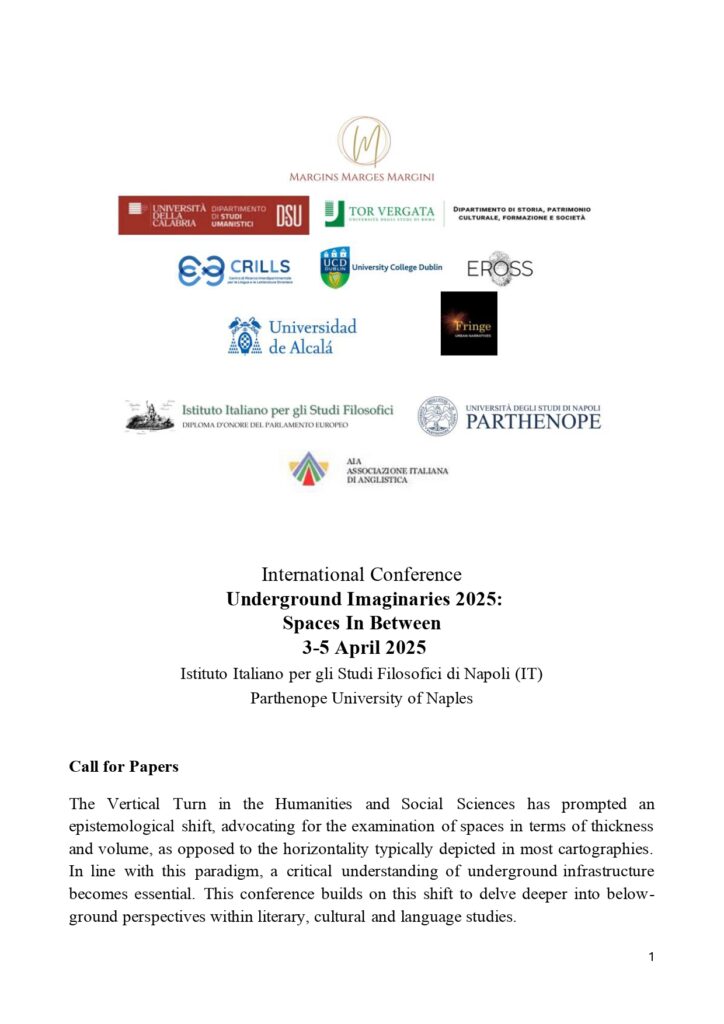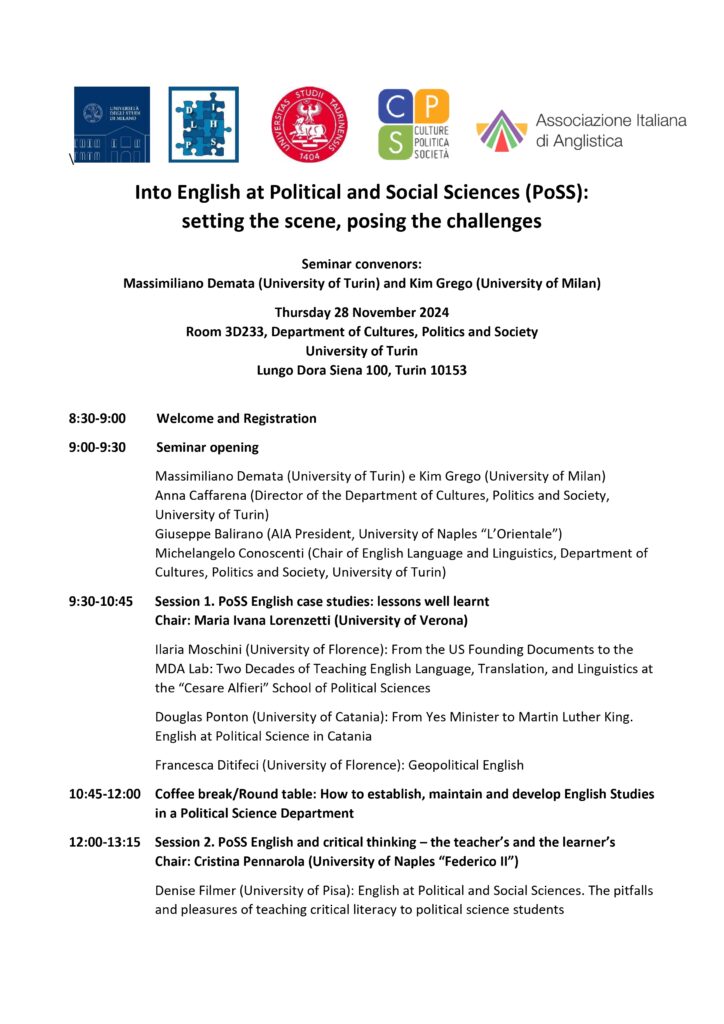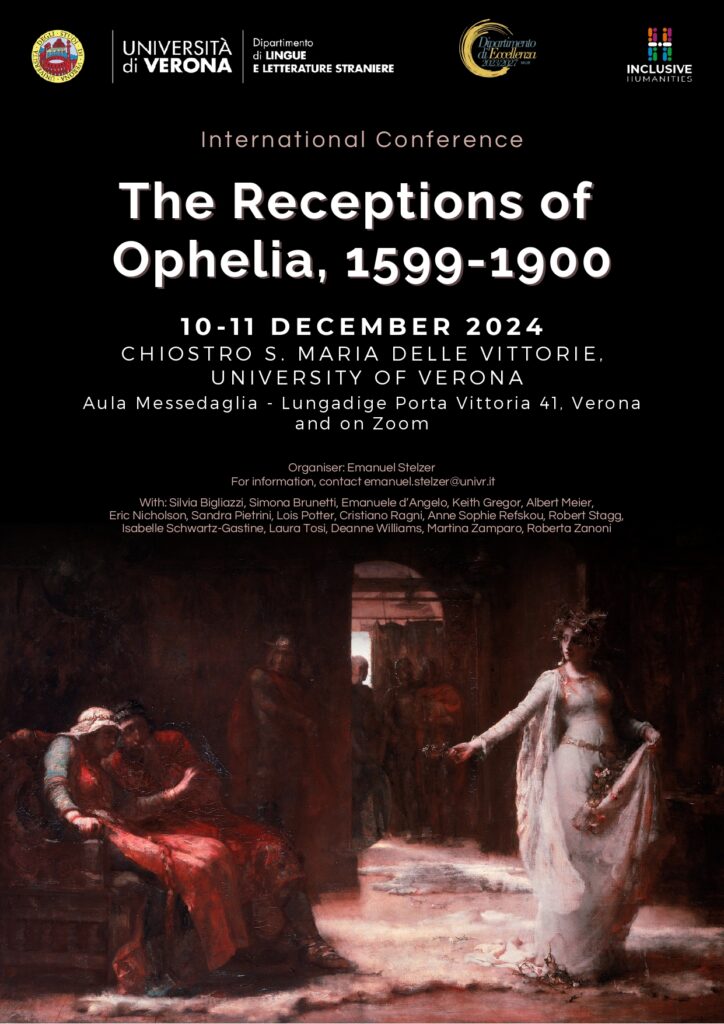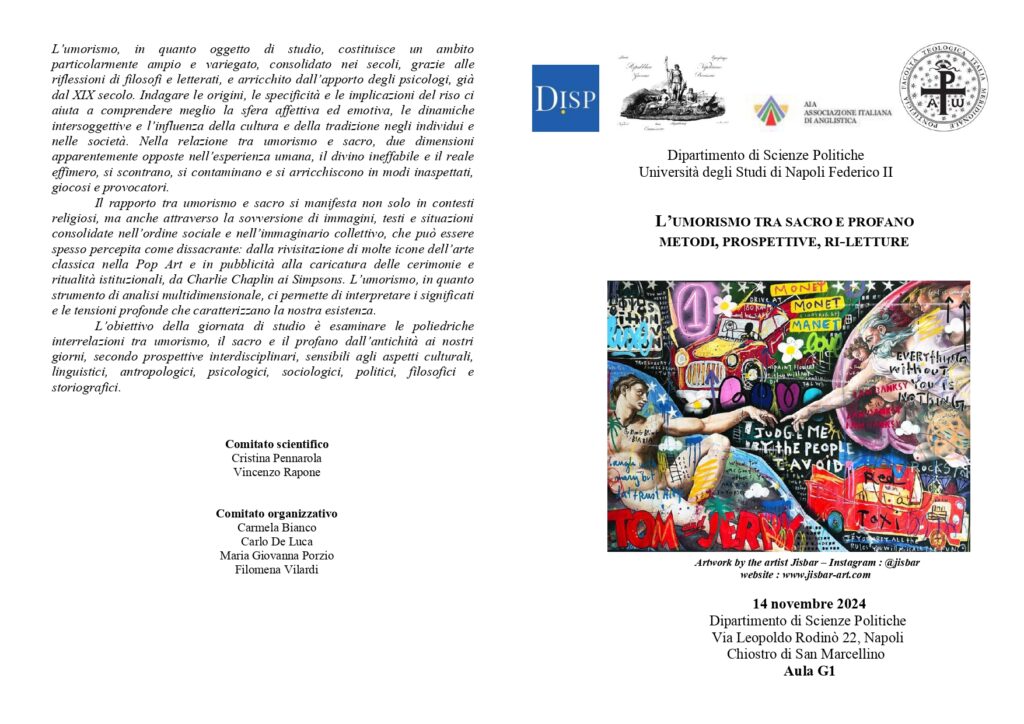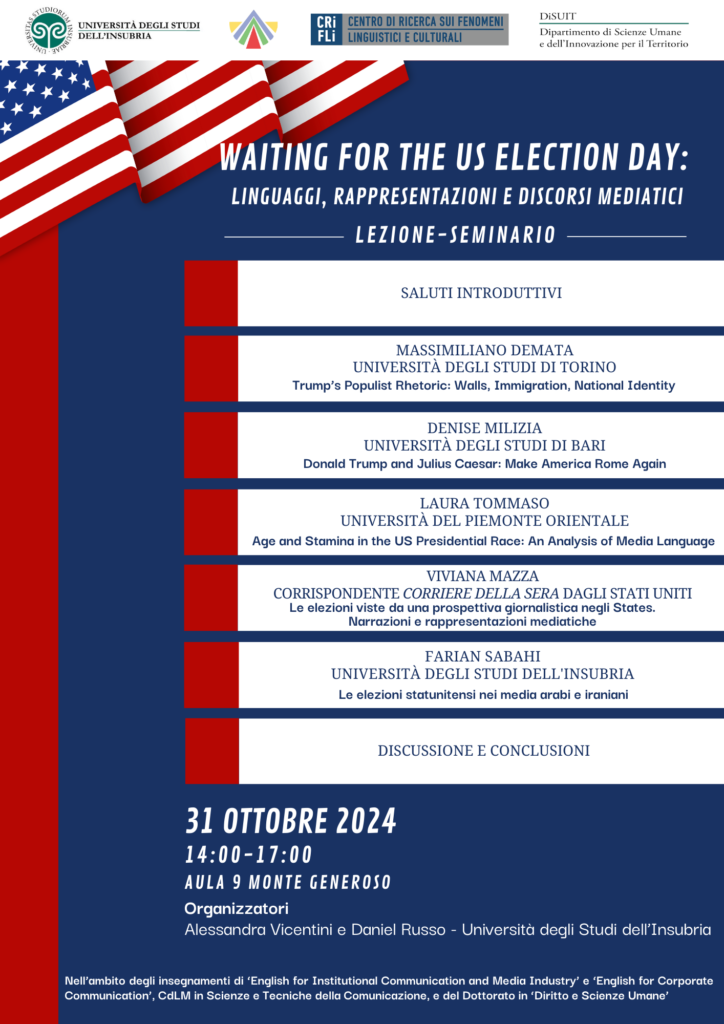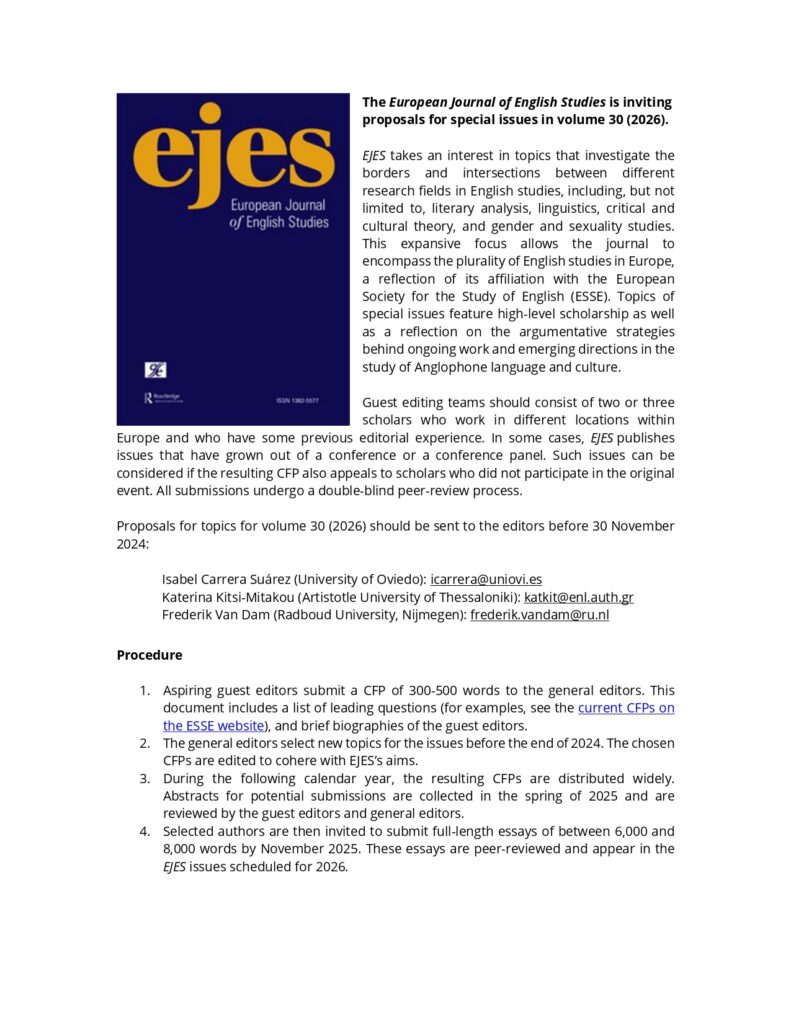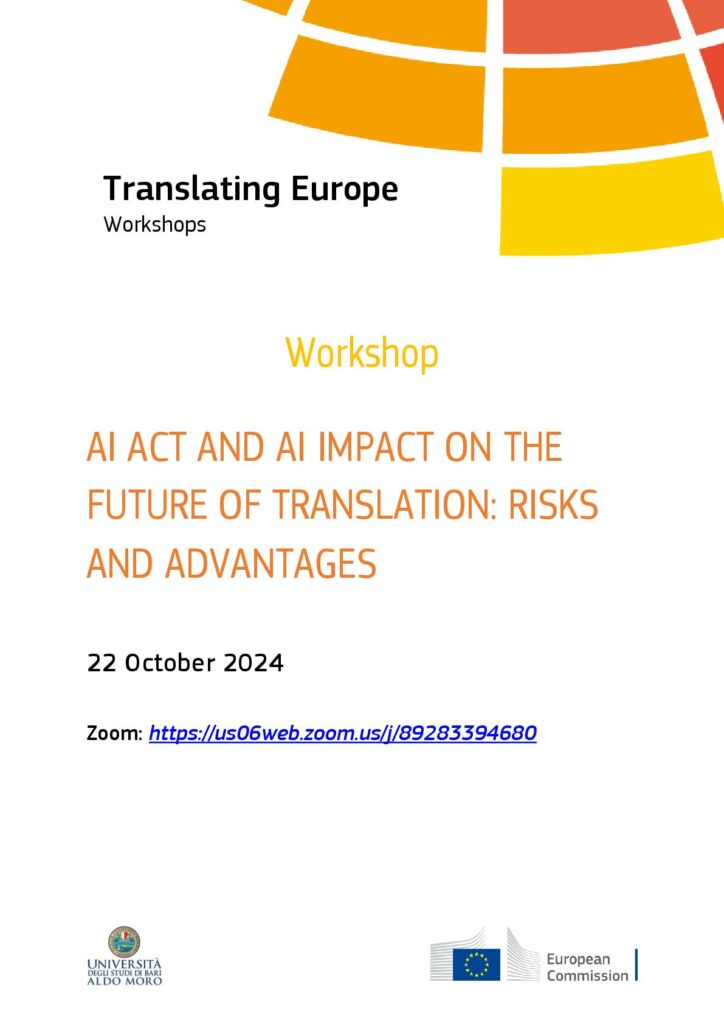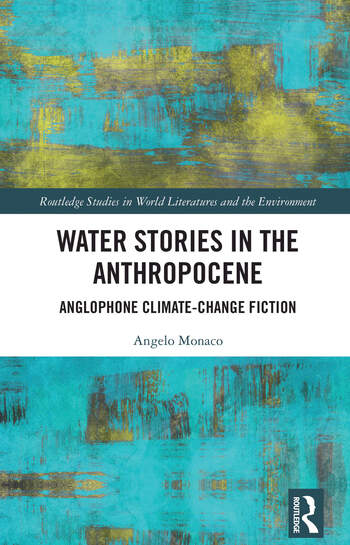Underground Imaginaries 2025: Spaces In Between (3-5/04/2025)
International ConferenceUnderground Imaginaries 2025:Spaces In Between3-5 April 2025 Istituto Italiano per gli Studi Filosofici di Napoli Parthenope University of Naples Call for Papers The Vertical Turn in the Humanities and Social Sciences has prompted an epistemological shift, advocating for the examination of spaces in terms of thickness and volume, as opposed to the horizontality typically depicted in most cartographies. In line with this paradigm, a critical understanding of underground infrastructure becomes essential. This conference builds on this shift to delve deeper into below-ground perspectives within literary, cultural and language studies. A critical understanding of the underground examines how spaces are socially constructed, inhabited and aesthetically portrayed. This analytical endeavour entails engaging with the dual structures that shape the above-below relationship (for example, light-dark; good-bad; allowed-forbidden). Our conference aims to move beyond these dichotomies and adopt a dynamic framework in the analysis of literary and cultural works. In this context, we envision the underground as a constellation of interlinked realms. From transitional mythical and metaphorical spaces to liminal rites bridging worlds, from present-day metro passages to meeting points between the living and the deceased, the conference will particularly focus on threshold spaces and narratives of descent, encounters, and metamorphosis. As Rachel Falconer writes in Hell in Contemporary Literature, “there are as many routes through hell, as there are minds to imagine them” (2019: 6). Hence, we seek to explore these access points, passages, gateways, liminal creatures, communication systems, networks and other epistemologies of transience, suspension and connection within the underground. Topics of interest include but are not limited to literary and cultural studies in the following areas: Please note that abstracts should be submitted with a short bionote to naplesunderground2025@gmail.com and must not exceed 300 words in length. Deadlines Keynote Speakers Iain Chambers Writers and indipendent researcher, former Full Professor of Cultural and Postcolonial Studies (University of Naples “L’Orientale”) Sandro Dionisio Musician, Playwright, Screenplayer and Director, Professor (Academy of Fine Arts in Florence, IT): “Bellezza e degrado nella città porosa” Rita Lucarelli Associate Professor of Egyptology (University of California “Berkeley”, USA): “Doorscapes Of The Netherworld: A Humanist Geographical Perspective Towards The Ancient Egyptian Underground Imaginaries” Eleonora Rao Associate Professor of English Literature (University of Salerno, IT): “Thinking about Liminal Space in Literary Studies” Guests Scientific Committee Organizing Committee Contact naplesunderground2025@gmail.com Venues Istituto Italiano per gli Studi Filosofici di Napoli (IT)Palazzo Serra di Cassano, Via Monte di Dio 14, 80132 – Napoli (I)https://www.iisf.it Parthenope University of NaplesVia Ammiraglio Ferdinando Acton, 38, 80133 Napoli NA (IT)https://www.uniparthenope.it Accommodation:
Underground Imaginaries 2025: Spaces In Between (3-5/04/2025) Read More »

